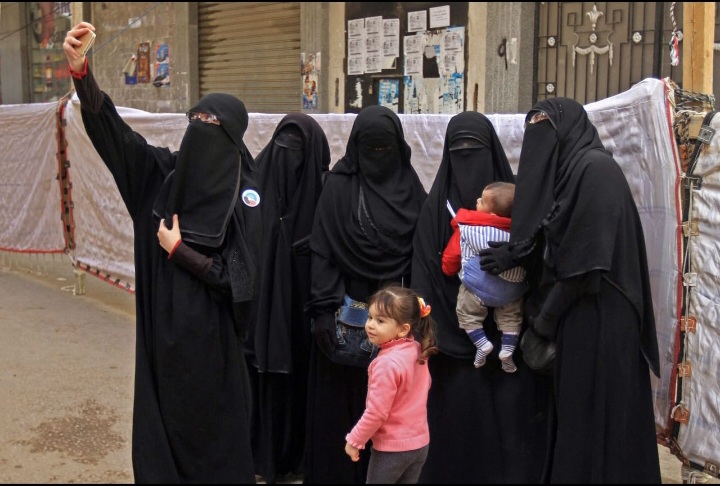Kazakhstan has enacted a law prohibiting the wearing of face-covering garments in public spaces, a move that aligns with similar policies in neighboring Central Asian countries. The legislation, signed by President Kassym-Jomart Tokayev, is framed as a measure to bolster national identity and address security concerns, though it has sparked debates over religious freedom and cultural expression.
Legislative Details
On June 30, 2025, President Tokayev signed into law a bill that bans clothing in public places which "interferes with facial recognition." The law includes exemptions for medical purposes, adverse weather conditions, and specific cultural or sporting events. While the legislation does not explicitly mention religious attire, it is widely interpreted as targeting Islamic garments such as the niqab and burqa.
Government's Rationale
President Tokayev has advocated for the promotion of traditional Kazakh clothing, emphasizing its role in reflecting the nation's cultural heritage. He has previously stated that adopting national attire over face-concealing garments underscores Kazakhstan's ethnic identity.
Regional Context
Kazakhstan's decision mirrors a broader trend in Central Asia, where countries like Kyrgyzstan, Uzbekistan, and Tajikistan have implemented similar bans on face-covering garments. These measures are often justified on grounds of national security and the preservation of cultural identity.
International Perspective
Globally, several countries have enacted laws restricting face-covering attire. France implemented a ban in 2011, citing secularism and security concerns. Switzerland followed suit after a 2021 referendum, with the law coming into effect in 2025.
Criticism and Concerns
Human rights organizations and religious freedom advocates have expressed concern over Kazakhstan's new law, arguing that it may infringe upon individual rights and disproportionately affect Muslim women. Critics contend that such legislation could lead to increased marginalization and social exclusion.
Kazakhstan's ban on face-covering garments reflects a complex interplay between national identity, security considerations, and religious freedoms. As the law takes effect, its implementation and societal impact will be closely monitored both domestically and internationally.














0 Comments